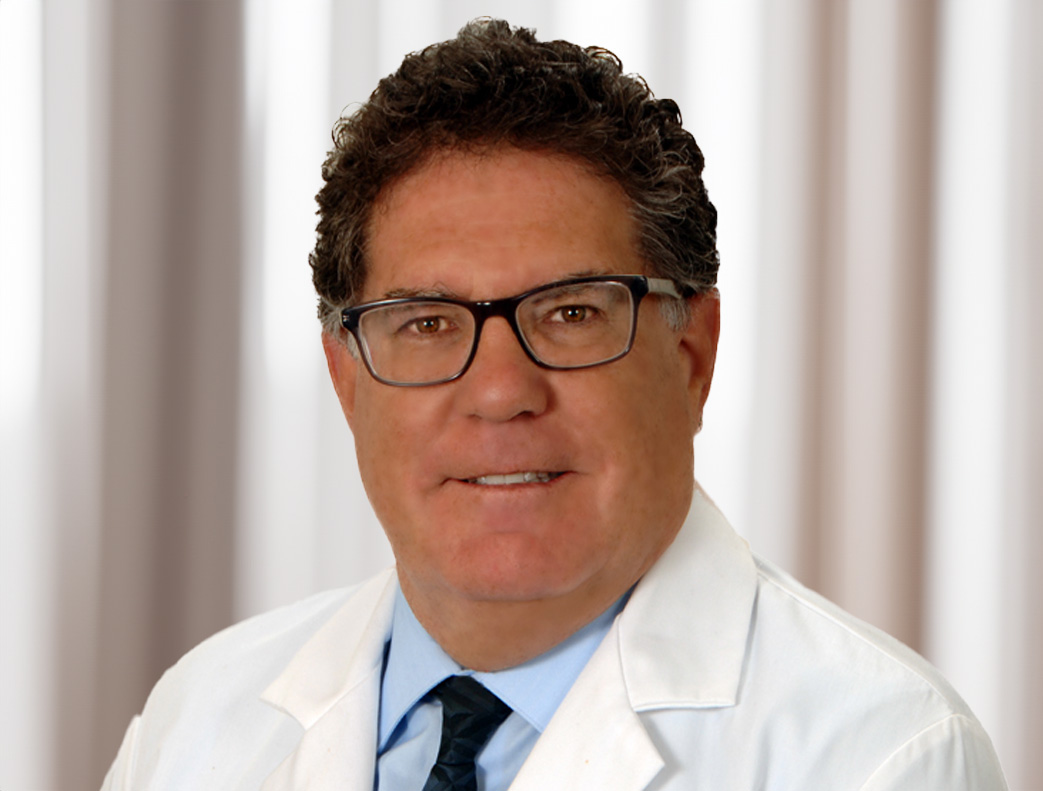Let’s talk about Children’s Dental Health. This article aims to help you better understand oral health for kids and offers tips for maintaining healthy smiles throughout their childhood and beyond. Early dental care can prevent serious long-term problems and foster positive habits for life.
By Anthony Mendicino, DDS, Chi ef Dental Officer, Finger Lakes Community Health
ef Dental Officer, Finger Lakes Community Health
When Should Kids First See the Dentist?
According to experts, a child’s first dental visit should occur by their first birthday or when their first tooth erupts—whichever comes first. Unfortunately, some parents mistakenly delay these visits because they assume baby teeth aren’t important. However, baby teeth play a critical role in guiding the development of permanent teeth.
Dr. Anthony Mendicino, Chief Dental Officer at Finger Lakes Community Health, emphasizes that baby teeth act as space maintainers for adult teeth. “If baby molars fall out too early, adult teeth can erupt in crowded positions, leading to orthodontic issues like crooked teeth,” says Dr. Mendicino. Ensuring regular dental checkups from infancy can help avoid these complications and reduce the likelihood of costly additional treatments.
Preventing Tooth Decay: Start Early and Stay Consistent
Tooth decay (cavities) remains the most common chronic disease in children, yet it’s preventable. Studies show that nearly 23% of children under five have tooth decay, otherwise known as cavities. According to Dr. Mendicino, tooth decay can be so severe that some children require general sedation and extensive treatment, including tooth extractions and fillings, making their first experiences with the dentist miserable.
Fluoride is a key component in cavity prevention. Parents should start by brushing their child’s teeth with a grain-of-rice-sized amount of fluoride toothpaste. As the child grows, they can increase the amount to the size of a pea. Dr. Mendicino recommends applying fluoride varnish at least twice a year for most children and up to four times a year for those at high risk of cavities.
In addition to regular fluoride treatments, children should avoid going to bed with bottles containing milk, sugary juices, or sodas. “Sugary drinks create an acid bath that weakens enamel and accelerates tooth decay,” Dr. Mendicino explains. For older kids, using a straw when drinking sugary beverages helps minimize tooth exposure to harmful acids.
The Importance of Flossing and Brushing
Flossing is equally important as brushing, especially as children’s teeth become more crowded. Teaching kids to floss early can help prevent cavities between teeth, an area often missed by brushing alone.
Nighttime brushing is essential. When children brush before bed, they remove food debris and plaque that would otherwise feed bacteria overnight. This simple step is one of the most effective ways to protect their enamel.
Emerging Dental Health Risks: The Vaping Epidemic
Vaping, once seen primarily in young adults, is becoming increasingly common among high school students and can have serious dental consequences. A study published in the Journal of the American Dental Association (JADA) found that the chemicals in vaping aerosols contribute to dry mouth, inflamed gums, and an increased risk of tooth decay and gum disease. The impact on teeth and gums is another reason to discourage this habit early.
Access to Care: Overcoming Barriers
Access to dental care remains a challenge for many families. School-based programs are proving to be an effective solution by bringing preventative services directly to students. Finger Lakes Community Health brings portable equipment to schools and daycares for cleanings, fluoride applications, and X-rays, with follow-up care arranged at the nearest health centers. These programs eliminate the need for parents to take time off work and ensure children receive essential care on-site.
Early Childhood Intervention
Protecting children’s dental health begins with early intervention, consistent habits, and access to community resources. Adults can play a significant role in preventing tooth decay and promoting lifelong oral health with kids, from using fluoride toothpaste to participating in school-based dental programs. By educating children about the importance of dental hygiene and avoiding harmful habits like smoking and sugary drinks, parents can help secure a healthier future for their kids.
Due to the shortage of dentists, Finger Lakes Community Health is currently accepting children and pregnant women as new dental patients.


